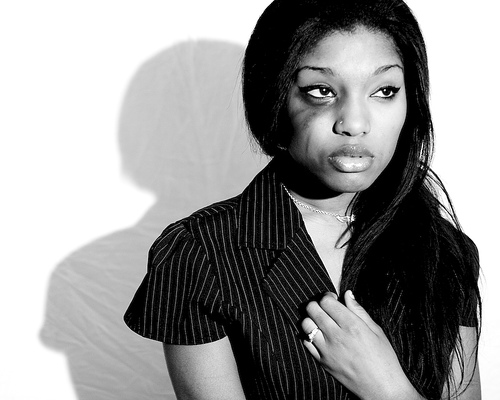by MoShay LaRen
According to Institute on Domestic Violence in the African American Community, Black women who are battered have more physical ailments, mental health issues, are less likely to practice safe sex, and are more likely to abuse substances during pregnancy than black women without a history of abuse. They are also at greater risk for attempting suicide, particularly if they were physically abused as a child, for being depressed, and to suffer from Post Traumatic Stress Disorder (PTSD).
What are some of the other domestic violence issues facing African American women?
• Intimate partner violence among African Americans is related to economic factors. Intimate partner violence among blacks occurs more frequently among couples with low incomes, those in which the male partner is underemployed or unemployed, particularly when he is not seeking work, and among couples residing in very poor neighborhoods, regardless of the couple’s income.
• In a nationally representative survey conducted in 1996, 29% of African American women and 12% of African American men reported at least one instance of violence from an intimate partner.
• African Americans account for a disproportionate number of intimate partner homicides. In 2005, African Americans accounted for almost 1/3 of the intimate partner homicides in this country.
• Black women comprise 8% of the U.S. population but in 2005 accounted for 22% of the intimate partner homicide victims and 29% of all female victims of intimate partner homicide.
• Intimate partner homicides among African Americans have declined sharply in the last 30 years. Partner homicides involving a black man or a black woman decreased
Signs of Domestic Violence
1. Sudden changes in their friendship circle
2. Lack of interest in activities, school or failing grades
3. Isolation from friends and family
4. Emotional outbursts
5. Excessive calling/texting or desire to quickly call/text back a significant other
6. Social media harassment, humiliation, or constant pressure to “status update/check in”
7. Romanticizing of significant other’s jealous remarks or behavior
8. Frequent demand of privacy or secretive behavior
9. Constant apologetic language
10. Excessive makeup or unusual clothing choices (to hide physical bruises, scratches etc.)
For more clues that point to domestic violence, click here. If you or a loved one needs help with a domestic violence issue, click here.
via Blackdoctor





